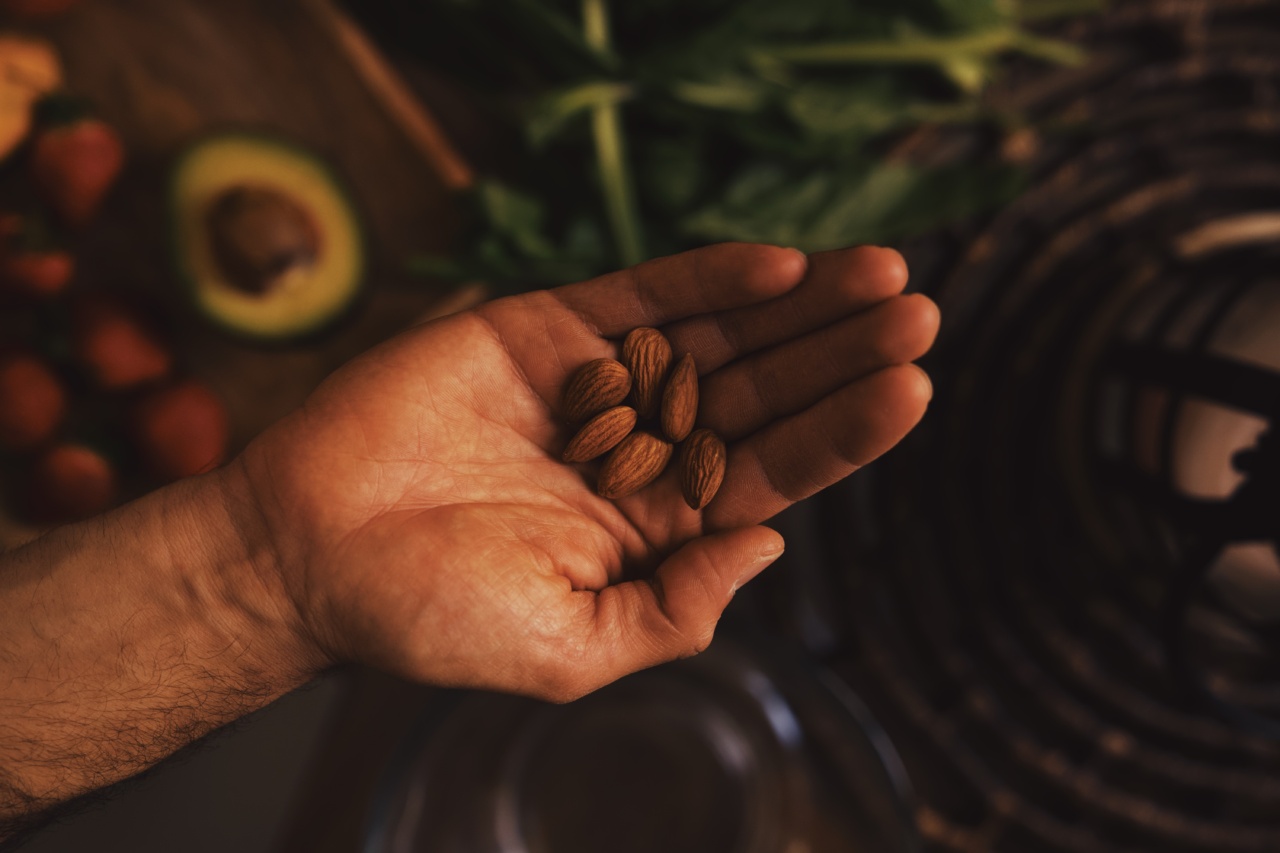Whole grains have been part of the human diet for thousands of years, but in the modern era, their consumption has declined significantly.
People tend to consume more processed foods and refined grains that lack essential nutrients the body needs, leaving a gap in their diet. This is why consuming whole grains is essential for a balanced diet.
What are Whole Grains?
Whole grains are unrefined grains that contain the entire grain kernel, including the bran, germ, and endosperm. These grains have not undergone any processing to remove the outermost layer of the grain, which is rich in fiber, vitamins, and minerals.
Whole grains are usually brown in color, and they have a hearty taste and texture.
Benefits of Whole Grains
Whole grains have several health benefits that make them an essential part of a balanced diet. Here are some benefits of consuming whole grains:.
1. Rich in Nutrients
Whole grains are packed with essential nutrients that the body needs to function optimally. They contain a variety of vitamins and minerals such as iron, magnesium, phosphorus, and zinc, which are essential for healthy bones, muscles, and organs.
2. Good for Heart Health
Studies have shown that consuming whole grains may help reduce the risk of heart disease. Whole grains are rich in fiber, which has been shown to lower blood cholesterol levels, reducing the risk of heart disease.
They are also rich in antioxidants, which may help lower inflammation in the body, another risk factor for heart disease.
3. Promotes Digestive Health
Whole grains are rich in fiber, which is essential for healthy digestion. Fiber helps to promote regular bowel movements, reducing the risk of constipation and other digestive disorders.
It also feeds the healthy bacteria in the gut, promoting a healthy gut microbiome.
4. Helps Maintain Healthy Weight
Research has shown that consuming whole grains may help maintain healthy body weight. Whole grains are a good source of complex carbohydrates, which are slowly digested by the body, reducing cravings and hunger pangs that can lead to overeating.
They are also rich in fiber, which helps you feel fuller for longer, reducing calorie intake throughout the day.
Types of Whole Grains
There are several types of whole grains that you can incorporate into your diet. These include:.
1. Brown Rice
Brown rice is a type of whole grain that is an excellent source of fiber, vitamins, and minerals. It is also gluten-free, making it a suitable option for people with celiac disease or gluten intolerance.
2. Quinoa
Quinoa is a versatile whole grain that is a good source of fiber, protein, and essential minerals. It has a nutty taste and can be used in a variety of dishes, from salads to soups.
3. Oats
Oats are a type of whole grain that is rich in fiber, antioxidants, and essential vitamins and minerals. They are also low in calories, making them an ideal option for weight management.
4. Barley
Barley is a type of whole grain that is high in fiber, protein, and essential vitamins and minerals. It can be used in a variety of dishes, from soups to stews.
How to Incorporate Whole Grains into Your Diet
Incorporating whole grains into your diet is easy and straightforward. Here are a few tips to get you started:.
1. Switch to Whole Grain Bread and Pasta
Replace your regular bread and pasta with whole grain alternatives to increase your intake of whole grains. Whole grain bread and pasta are widely available in grocery stores and are an easy way to make the switch to whole grains.
2. Use Whole Grain Flour in Baking
If you enjoy baking, try using whole grain flour in your recipes. Whole wheat flour is an excellent choice for baking bread and muffins, while oat flour can be used in cookies and cakes.
3. Eat Whole Grain Cereals for Breakfast
Instead of reaching for sugary cereals or processed breakfast foods, try starting your day with a bowl of whole grain cereal. Look for cereals that are made with whole grain oats, barley, or quinoa for a healthy and nutritious breakfast.
4. Add Whole Grains to Your Soups and Salads
You can easily add whole grains to your soups and salads for added texture and nutrition. Try adding quinoa to your salad or barley to your soup for a hearty and filling meal.
Conclusion
Whole grains are an essential part of a balanced diet and offer numerous health benefits. They are rich in essential nutrients and can help reduce the risk of heart disease, promote digestive health, and maintain healthy body weight.
By incorporating whole grains into your diet, you can ensure that you are getting the nutrients your body needs to function optimally.






























